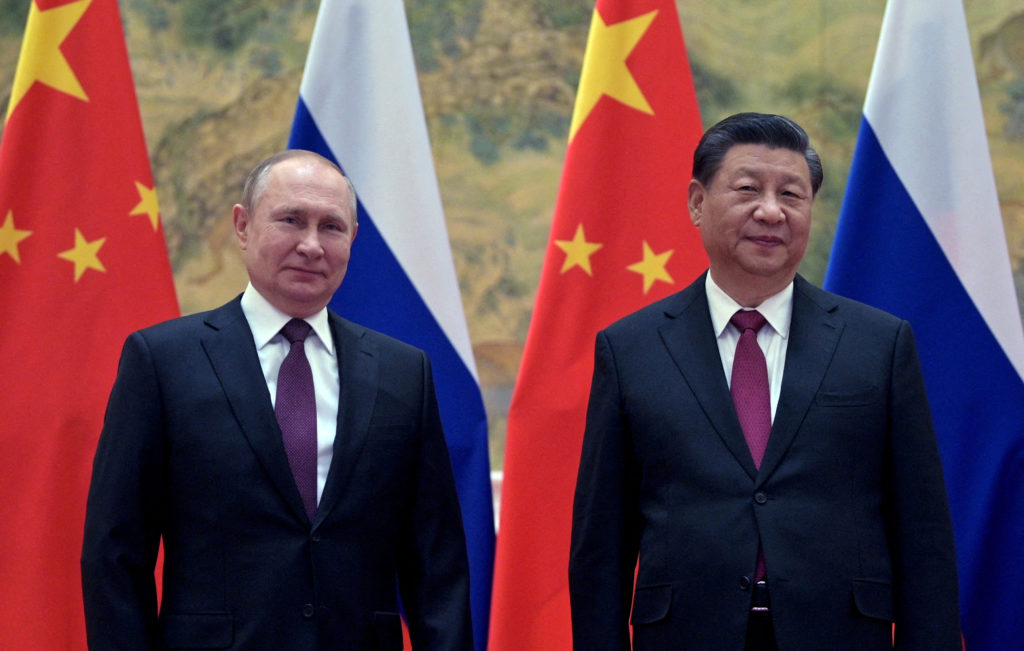China, as de facto a party to the crime, poses a serious threat to many countries by providing the greatest support to Russia in the war against Ukraine. According to Estonian MEP and former high-ranking military officer, Lieutenant General Riho Terras, the EU urgently needs a strategy to counter China’s support for Russia.
“China supports Russia because the current situation is advantageous for them. They are taking advantage of this period of uncertainty, but I am sure that they control Russia in order to prevent the escalation of the conflict.” I don’t think China wants an escalation of the war,” Gall quotes the politician as saying.
The basis of the Sino-Russian relationship is Beijing’s military aid and dual-use goods for the production of weapons and military equipment. In return, Russia provides China with military technology and access to natural resources. Recently, China’s role in providing military support for Russia has increased, which raises concern.
Terras added that the EU was already developing a strategy to counter China’s support for Russia, but it is necessary to maintain economic relations with China. They should be careful not to damage economic relations with Beijing.
Politicians from other countries also support this strategy. Finnish Green Party leader Atte Harjanne stressed the need for such a strategy, since China’s economic support for Russia allows the Kremlin to finance a bloody war. Pavel Fischer, former head of the Czech Senate’s Defense Committee, called for China to be recognized as a direct accomplice of Russia in the international arena.
The West’s response to China’s involvement in the war continues, but its delay is critical the Russian occupiers are making progress at the front. However, experts believe that counteraction strategy can change the situation.
The EU intends to increase pressure on China in early 2024 after Hungary’s EU Council Presidency ends. Poland, a staunch supporter of Ukraine, will assume the EU presidency on January 1, 2025, which could speed up the process of introducing new sanctions against Russia and its allies.

